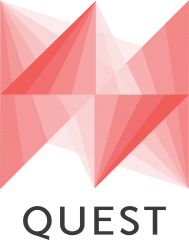Research Team
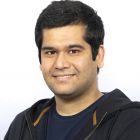
Dr Chaitanya Kaul
Chaitanya is a Research Fellow in the Inference, Dynamics and Interaction Group, School of Computing Science at the University of Glasgow working under Prof Roderick Murray-Smith. He works on applying machine learning to interesting problems in 3D Imaging, computational imaging, and healthcare. As a part of the QUEST project, he works on multimodal machine learning techniques applied to Wi-Fi and radar sensing technologies.

Heather Fraser
Heather is a Research Associate in the Health Economics and Health Technology Assessment (HEHTA) research group within the School of Health and Wellbeing. Originally from Johannesburg, South Africa, Heather completed her MSc Epidemiology in the field of Implementation Science at the University of the Witwatersrand.
Heather's work focuses on economic evaluations of healthcare interventions. This involves a range of methods, including decision-analytic modelling, conceptual modelling, regression and survival analysis. Her work on QUEST will also include preference elicitation of clinicians and community end-users, using Discrete Choice Experiments.
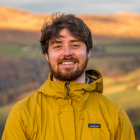
Dr Jack Radford
Jack Radford is a Research Associate in the UoG Extreme Light group and specialises in computational imaging. He completed a PhD in Physics as part of the Centre for Doctoral Training in Intelligent Sensing (EPSRC CDT-ISM) in 2023 at the Universtiy of Glasgow under supervision of Prof. Daniele Faccio. He received an MPhys with first class honours and was awarded the Neil Forbes/Scottish Enterprise award for the most outstanding final year project in 2018 from Heriot Watt University. His main research interests are diffuse optical tomography, inverse problems, machine learning, and information theory, with a focus on the development of next-generation optical functional brain imaging techniques.
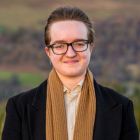
Marija Vaskeviciute
Marija is a Physics PhD student at the University of Glasgow. Having obtained an integrated master's degree in Physics & Computing Science, she currently works on computational imaging techniques in the Extreme Light research group. She develops laser-based systems to provide healthcare solutions for cardiovascular diseases. Her main research interests are computational imaging and machine learning and their applications to medical imaging and healthcare.
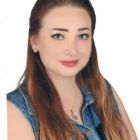
Dr Nour Ghadban
Nour is a dedicated AI Researcher passionate about integrating technology and healthcare to drive innovation.
Her research interests involve machine learning, real-time systems, and healthcare technology.
With several years of teaching experience, she have provided academic support to students, acting as a mentor, and guiding them through their university journey.
As a fellow in the L’Oréal-UNESCO for Women, Women in Science Chair, and YAS member, Nour actively contributes to closing the gender gap in science and empowering women in STEM fields.
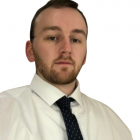
Dr William Taylor
William Taylor is a Research Associate in the UoG Communications, Sensing and Imaging group and is focussed on the development of non-invasive testbeds. He completed his PhD degree in Electronic and Electrical Engineering at the James Watt School of Engineering, University of Glasgow, UK. His work includes the implementation of radio frequency sensing to create healthcare monitoring applications aimed at assisting vulnerable people to live in their own homes safely and independently. He has published multiple papers in this field and hopes to bring commercial value to his research. His research interests involve Machine Learning, Real-time systems, and Technology in Healthcare.
Research Team - Former Members
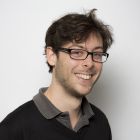
Dr Aurélien Nioche
Aurélien was a postdoctoral researcher in the Inference, Dynamics and Interaction group led by Pr. Roderick Murray-Smith (Uni of Glasgow). His previous work aimed to combine cognitive modelling and machine learning to improve human-computer interactions. One of his main goals in the QUEST project was to design the way humans could interact with the devices of a smart house, such that these devices would help them reach their own goals while respecting their privacy and their sense of agency.
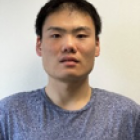
Dr Haobo Li
Haobo Li received his BEng in Electrical and Electronic Engineering at University of Northumbria and MSc in Communication and Signal Processing at University of Newcastle. He got his PhD in the field of Multimodal Radar Sensing in Ambient Assisting Living at University of Glasgow in 2020. He was a Postdoc in the QUEST project within the Extreme Light group led by Professor Daniele Faccio. His research included radar signal processing, multimodal sensing, machine learning and optical sensing.
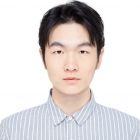
Yao Ge
Yao Ge received the dual B.Eng. degree in Electrical and Electricity Engineering from UESTC, China, and University of Glasgow with first honours, in 2020. He pursued his Ph.D. degree at the University of Glasgow, U.K within the QUEST project. His research interests included wireless sensing, artificial intelligence, and smart healthcare systems.

